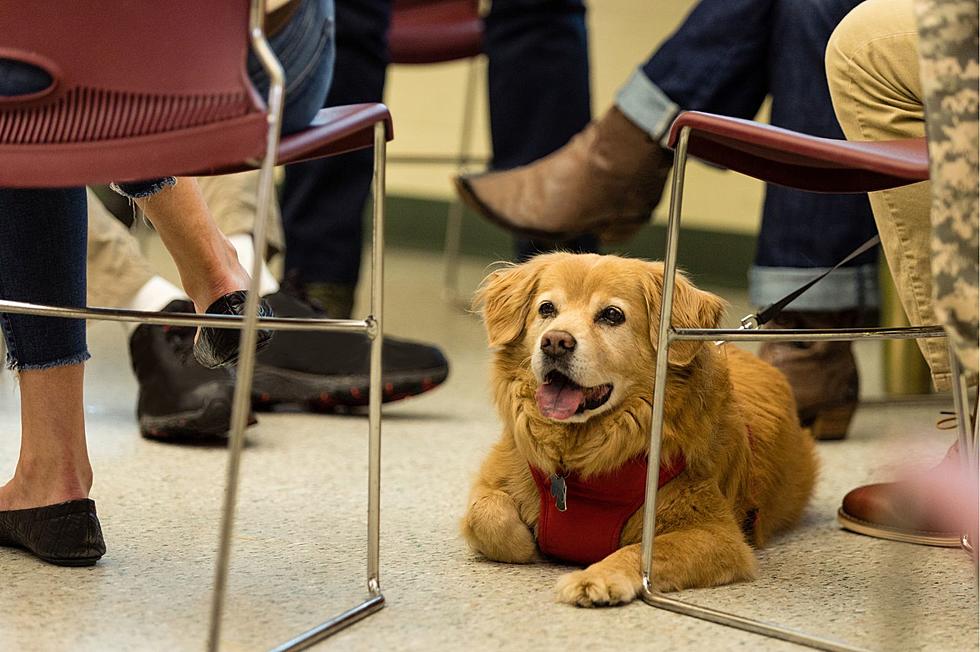
How To Get an Emotional Support Animal in New York
Are you curious about the specific criteria that determine what constitutes an emotional support animal (ESA) in the state of New York?

An emotional support animal is different from a service animal. While service animals are trained to perform specific tasks for individuals with disabilities, emotional support animals provide comfort, companionship, and therapeutic benefits to individuals with mental health conditions. They serve as trusted companions who lend support during challenging times.
In the state of New York, an emotional support animal can encompass a wide range of species, such as dogs, cats, birds, rabbits, and even miniature horses. The key determining factor is that the animal must provide emotional support and alleviate symptoms associated with a mental health condition to qualify as an ESA.
The Fair Housing Act (FHA) and the Air Carrier Access Act (ACAA) offer specific protections to individuals with emotional and mental health disabilities who require an ESA to reside in housing or travel by air. Under these laws, landlords and airlines are obligated to provide reasonable accommodations, even if they have pet restrictions or breed-specific policies. Therefore, it is evident that the law stands firmly on the side of those who rely on emotional support animals.
Keep in mind there are certain requirements that must be fulfilled. New York adheres to federal guidelines, so you will need appropriate documentation to establish the need for an emotional support animal. Typically, a letter from a qualified mental health professional affirming the importance of an ESA is required. Make sure that the letter includes the professional's contact information, license details, and signature. This documented evidence will strengthen your case and speed up the process when seeking housing or flying with your emotional support animal.
Also, it is important to note that emotional support animals do not possess the same public access rights as service animals. While service animals are generally permitted in most public places, ESAs are not automatically granted the same privileges. However, there are exceptions under the Americans with Disabilities Act (ADA) that allow emotional support animals in certain locations, including airports and specific establishments. Therefore, it is important to research and review local regulations before taking your ESA out in public.
Responsible pet ownership is also a must. This means you will be responsible for making sure that your emotional support animal is well-behaved, appropriately trained, and provided with proper care. Demonstrating respect towards others in public spaces, adhering to local leash laws, and diligently cleaning up after your ESA are all vital aspects of maintaining a positive image for emotional support animals.
RANKED: Here Are the 63 Smartest Dog Breeds
Gallery Credit: Sabienna Bowman
LOOK: Here Are 30 Foods That Are Poisonous to Dogs
Gallery Credit: Rachel Cavanaugh
More From Hudson Valley Post









